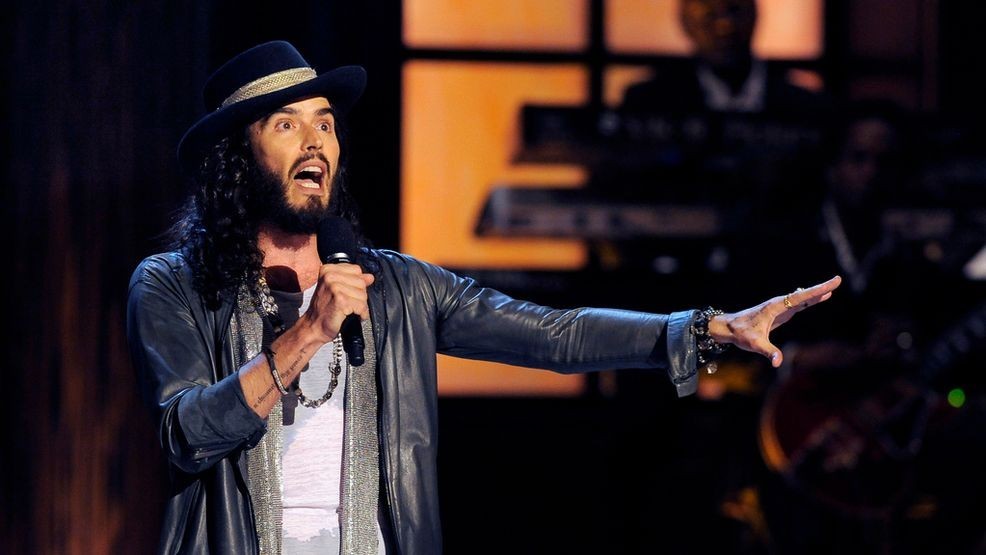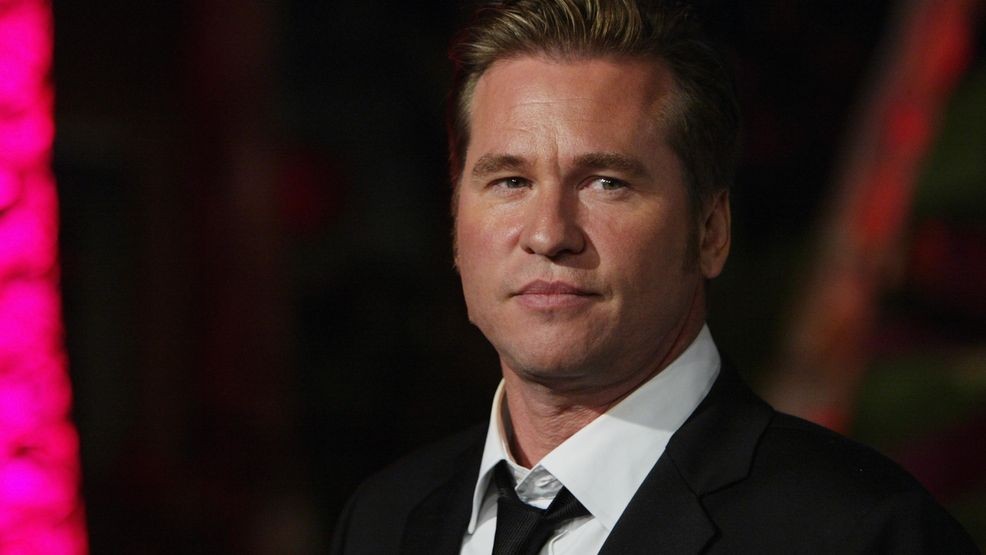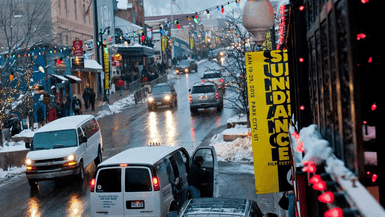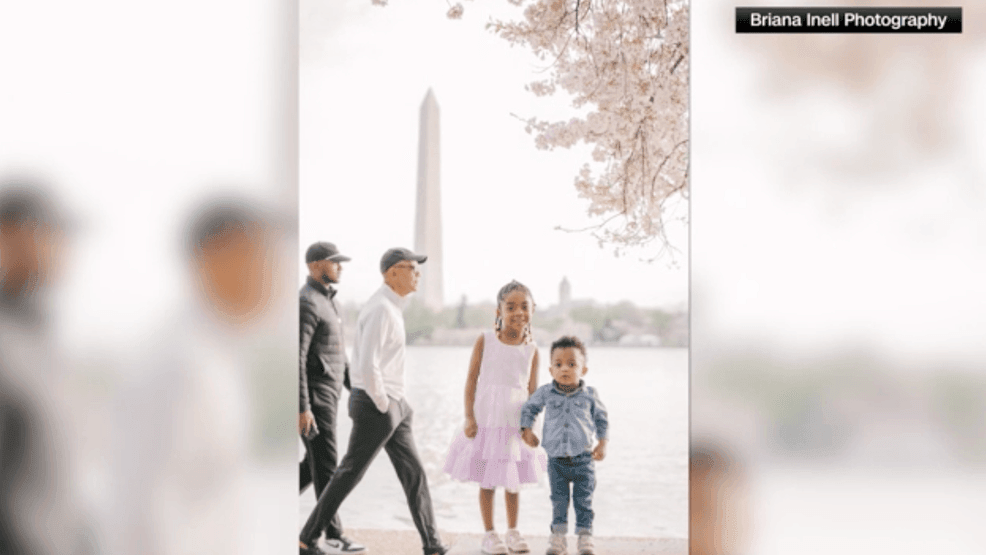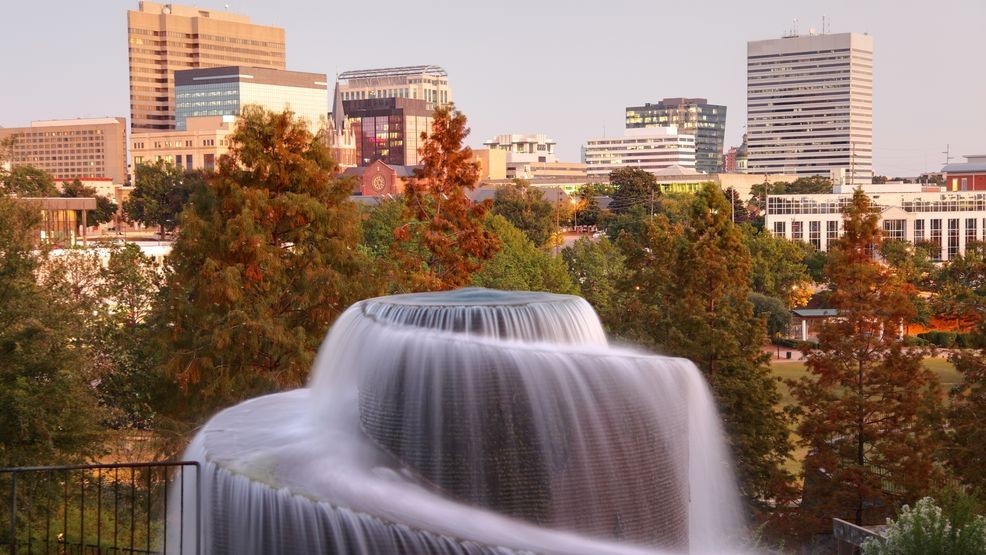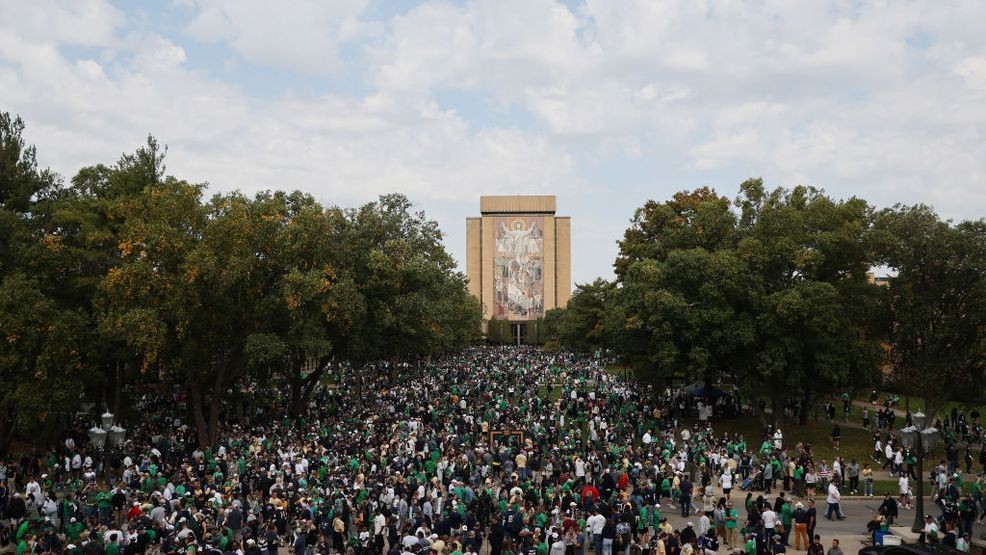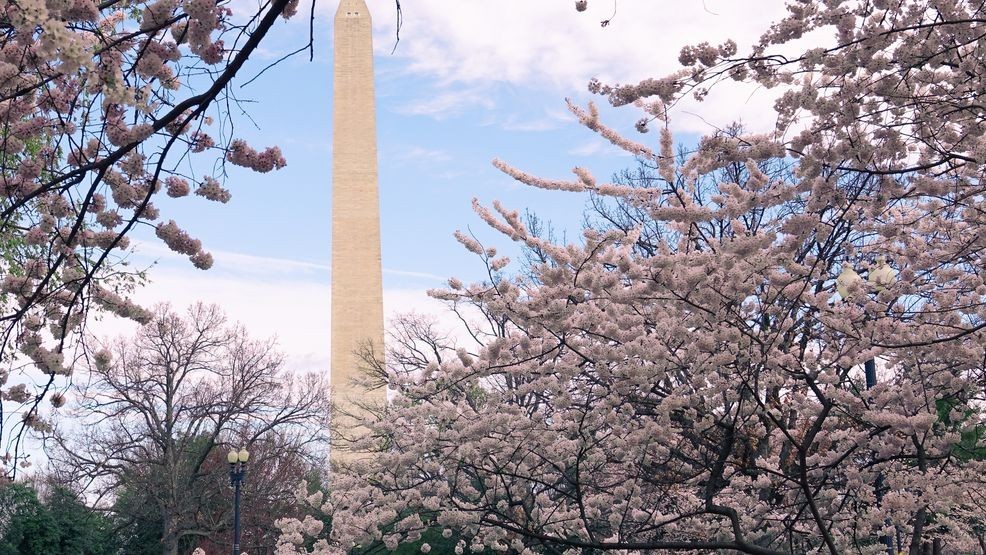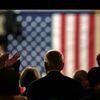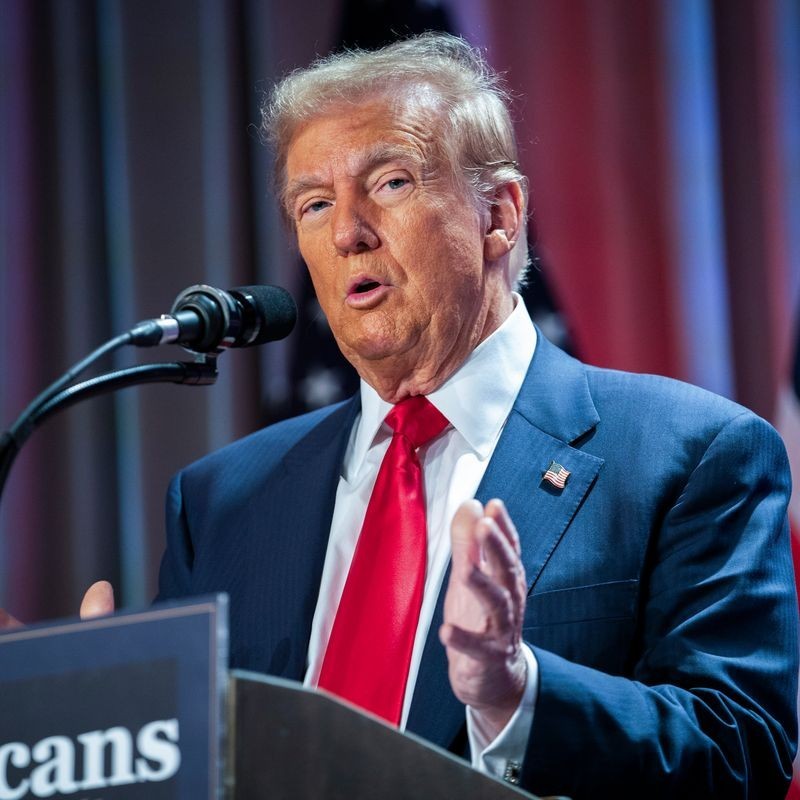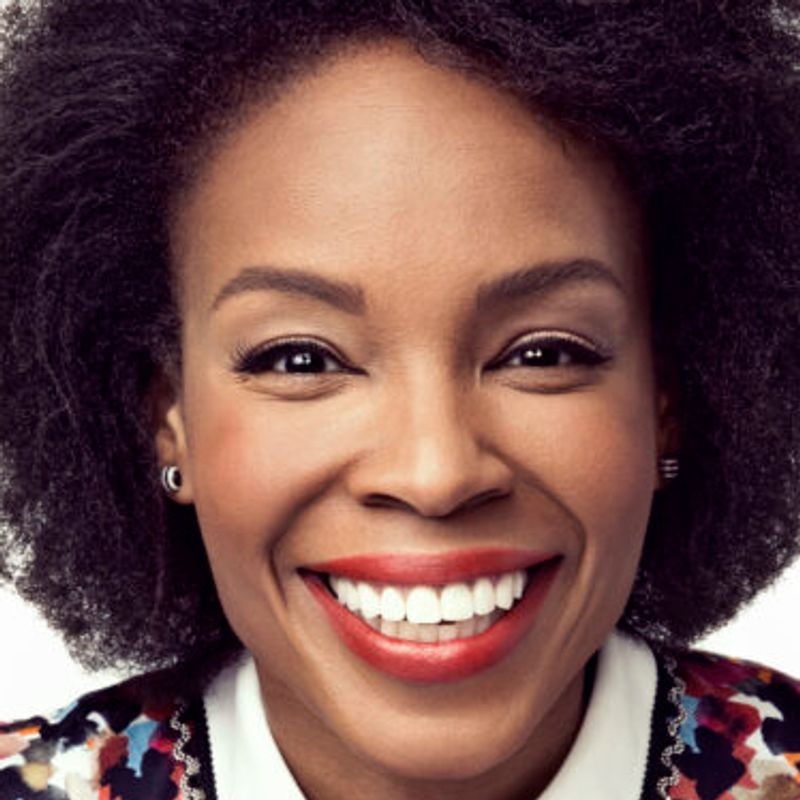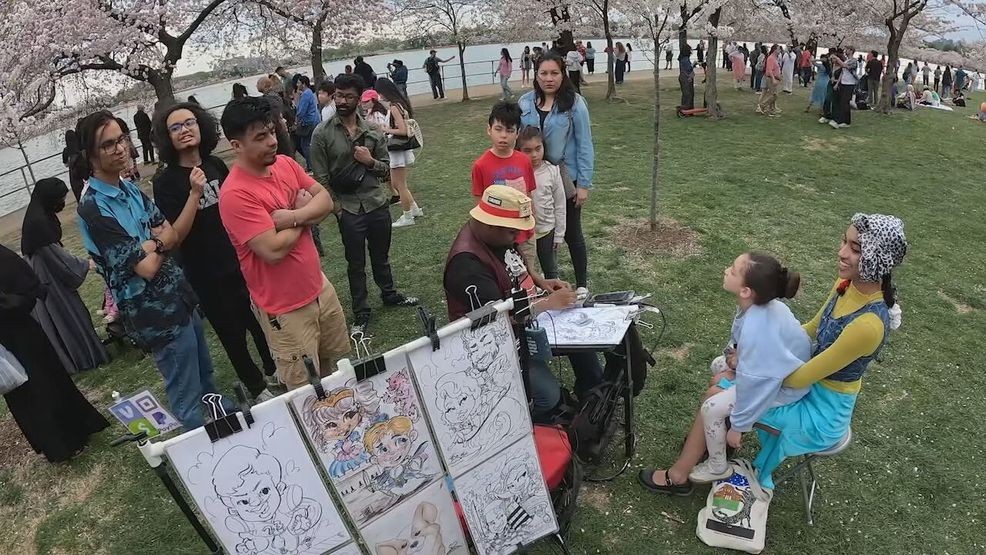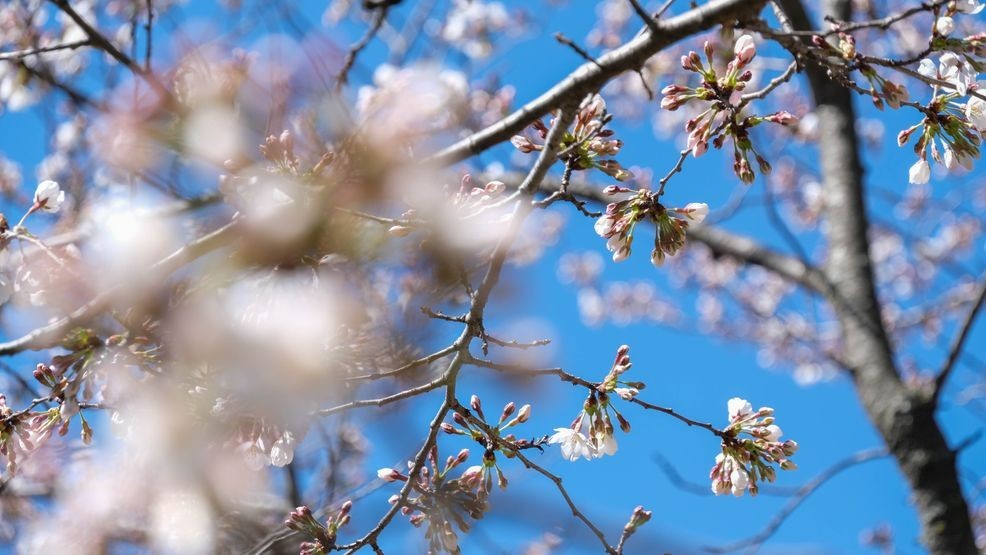'It's false'; Liberty University asks New York Times to correct coronavirus story
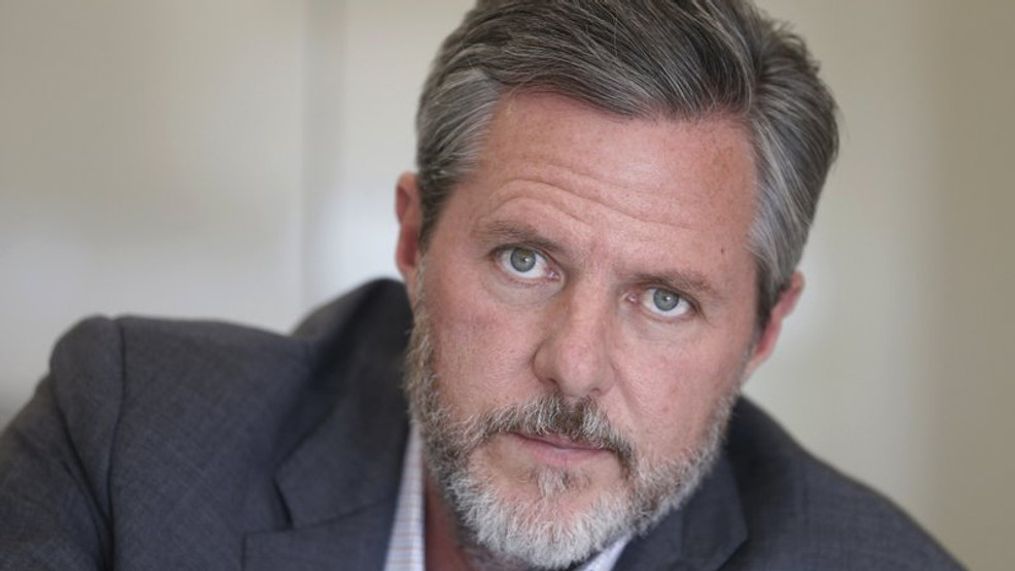
FILE - In this Nov. 16, 2016, file photo, Liberty University president Jerry Falwell Jr., poses during an interview in his offices at the school in Lynchburg, Va. (AP Photo/Steve Helber, File)
LYNCHBURG, Va. (WSET) --Liberty University is facing pushback regarding the decision to welcome students back on campus.
Liberty University is responding after a recent New York Times article says the school has "nearly a dozen Liberty students sick with symptoms that suggest COVID-19, the disease caused by the virus."
Liberty University's president, Jerry Falwell Jr, responded to ABC13 in a text message saying the story is false.
Falwell says Liberty University has contacted the New York Times, asking them to correct the story, and he says the school prepared a statement explaining the falsities in the article.
The New York Times ambushed Liberty University to publish a false and misleading story claiming that, “students started getting sick” after the University received students back after spring break. The Times attributed the reporter’s conclusion about the scope of the COVID-19 symptoms being about a dozen students to a local doctor who has consulted with LU. The truth is a far different story. Both the numbers and the sequencing are wrong.
At about 12:30 pm on Sunday afternoon, a New York Times reporter emailed university spokesperson with a list of 12 questions to be answered for a story that was going to run in the paper Monday. About 20 minutes later, she wrote to say that the story would go online in a few hours. Unable to gather specific answers to all the questions, President Falwell called the reporter and gave her an interview. The story was posted at 3:00 pm and contained several errors.
The University promptly provided the reporter detailed numbers on the student cases and requested corrections. No correction has been forthcoming so this statement is being issued.
Liberty disputes the number of students with symptoms that the Times reported. Liberty is not aware of any students in its residence halls testing positive for COVID-19 or, in fact, being tested at all, much less any residence hall students having sufficient symptoms of COVID-19 to get tested.
Liberty can confirm that, following the US Surgeon General’s recommendations concerning persons who had been in the New York City metropolitan area, Liberty University asked four students who had recently been in that area and who were living in campus residence hall rooms to self-quarantine for the recommended period in single rooms at Liberty’s otherwise unoccupied housing annex (a former hotel a few miles from campus). Two did and two opted to return to their permanent residence, instead. There were three students in close contact with these individuals and they were also asked to self-quarantine in separate rooms in the annex. They did.
Liberty is providing meals and attending to their needs there. This was precautionary and not based on any symptoms consistent with COVID-19 among the eight. The health professionals did not recommend these asymptomatic students be tested and they were not.
Liberty is also aware of one off-campus student who returned from an out-of-state county with a high number of cases who was running a fever and had a cough. He was tested and advised to self-isolate pending the results. He elected to return to his permanent residence instead.
Another off-campus student came in for COVID-19 testing during spring break and her results came back negative.
Liberty is also aware of a recently graduated student who is taking online classes and who lives off campus with his family. He remained in Lynchburg during spring break who was advised to self-isolate based on his reported symptoms while his test results were being processed. Despite his status as a graduate, he came through the campus clinic to see the doctors he had been seeing while a student.
Liberty University has a protocol in place for informing members of the University community as necessary in the event we confirm a student or employee on our campus tests positive for COVID-19. No such notification stands in place as of yet.
So despite the Times’ sensational headline and story lead, Liberty is only aware of three off campus student who were sufficiently symptomatic to qualify for COVID-19 testing, two of which did not leave Lynchburg for Spring Break and one of which tested negative during Spring Break.
The story also forwards a misleading narrative about how government officials were informed of Liberty University’s decision. The following statement was shared publicly on March 16 with advance copies to both the City of Lynchburg and the Governor’s office following Liberty’s decision to move most all classes to online delivery, thus allowing fewer students to need to return to Lynchburg from Spring Break to take classes, as had been the prior plan.
Falwell welcomed back the students who wanted to come back to campus amid the coronavirus outbreakon Monday, March 23. He walked through campus and met with many of the students who had returned.
“They were talking about being glad to be back. I was joking about how they pretty much had the whole place to themselves and told all of them to enjoy it," said Falwell.
Falwell said there are currently about 750 international students on campus at the time.
"Most of our students are at home. Only about 10 percent, 1200-1400 are here on campus. Most of those are international students who have nowhere else to go. The governor should understand that," Falwell said.
Lynchburg City leaders said Tuesday they have been fielding complaints about the hundreds of students who have returned from their spring break to Liberty University, where President Jerry Falwell Jr. has welcomed them back amid the coronavirus pandemic.
“First of all, I want the residents in this community to know that at no time did I or the City Manager endorse having the students return to Liberty University’s campus or any of the other college or university campuses in our community. In fact, it is quite the opposite," Mayor Treney Tweedy said in a statement. “When we asked President Falwell to close his campus, he explained that he had to remain open for on-campus international students who had not gone home, some lab classes and the School of Aviation. President Falwell also noted that the University would be moving to an on-line platform for instruction.”
Governor Ralph Northam addressed the controversy at Liberty University Wednesday during his press conference in Richmond.
"I have heard the press reports that Liberty University is inviting and welcoming students back to their campus in Lynchburg," Gov. Northam said. "We have heard too many mixed messages around the country about COVID-19 and this is yet another example."
Liberty University issued a statement saying that it "has been, and will continue to be, in compliance with all of Northam's directives, as well as all applicable federal guidance."
Liberty University announced that students who did not return to use their on-campus residence hall room for the remainder of the Spring 2020 semester will receive an automatic $1,000 credit toward any of their Fall 2020 charges (room, board, tuition, fees).

